How fellow runners saved Malcolm’s life after cardiac arrest
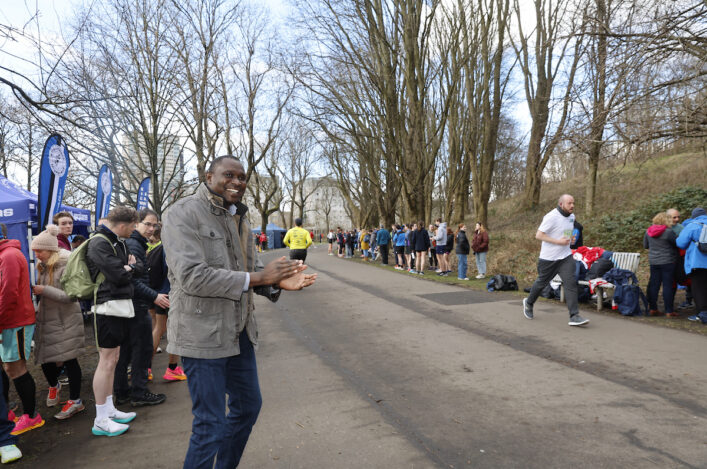
Olympic legend David Rudisha attended the Allan Scally Relays in Glasgow but out on the course a medical drama unfolded (photo by Jeff Holmes)
By Katy Barden
Linlithgow AC have organised a course for members to learn basic life-saving skills after one of the club’s runners, Malcolm Hughes, suffered a cardiac arrest at the Allan Scally Road Relays in March.
Only the quick actions of those around him – and specifically their use of cardiopulmonary resuscitation (CPR) and an automated external defibrillator (AED) – saved his life that Saturday afternoon at Glasgow Green.
‘Educating people so that they know what they can do to help other runners in the same situation is the main takeaway for me,’ says Malcolm.
‘CPR is a really good starting point – I wouldn’t have survived without it.’
We had the privilege of hearing Malcolm’s story first-hand, alongside the thoughts of fellow runner and paramedic Owen Williams who led the immediate CPR response.
We plan to publish the full story in PB magazine later this summer. In the meantime, we’ve summarised some key notes below.
Linlithgow AC’s Malcolm Hughes suffered a cardiac arrest at the Allan Scally Road Relays in Glasgow on Saturday 2 March.
Thanks to the quick-thinking and fast actions of those around him, the 64-year-old – who had run the Seville Marathon in 3:57:47 two weeks earlier – survived.
When someone has a cardiac arrest, there are a series of events that need to happen quickly to give them the best chance of survival (the ‘chain of survival’):
- Early recognition and call for help: know when cardiac arrest is happening and call 999
- Early CPR: deliver chest compressions to save the person’s life
- Early defibrillation: shock the heart using a defibrillator. Every second counts, so this should happen as soon as possible. A quick response gives someone the best chance of survival
- Post-resuscitation care: what happens once the person has been resuscitated and is in the care of medical professionals.
Linlithgow AC members at a recent training session (photo via the club’s social media)
The campaign ‘Save a Life for Scotland’ also notes the importance of community readiness (ensuring individuals and their communities are CPR-ready and prepared to act in the event of a cardiac arrest) and aftercare (ensuring all affected parties receive the support they need to recover).
In Scotland, 1 in 10 people who have an out-of-hospital cardiac arrest will survive; however, an individual’s chance of survival decreases by up to 10 percent for every minute that passes without medical help.
In Malcolm’s case, his fellow runners saved his life due to their immediate response to his collapse and their subsequent actions.
Turning a traumatic experience into positive one, Linlithgow AC have since organised a course for members to learn basic life-saving skills and to be quick responders if they were ever to come across a similar situation.
This is ‘community readiness’ and we encourage all of our clubs to consider doing the same.
Malcolm – thankfully – is now on the road to recovery.
He’s had an implantable cardioverter defibrillator (ICD) device fitted, a small device that works by sending electrical pulses to regulate abnormal heart rhythms, especially those that could be dangerous and cause a cardiac arrest.
In other good news, his cardiologist has given him the go-ahead to very gradually start running and cycling and he’s recently managed a ‘gentle pace’ 5k run and a 20k cycle.
For CPR resources:
Save A Life For Scotland: https://www.savealife.scot/
+++
Tags: Allan Scally Road Relays, Katy Barden, Linlithgow AC, Malcolm Hughes
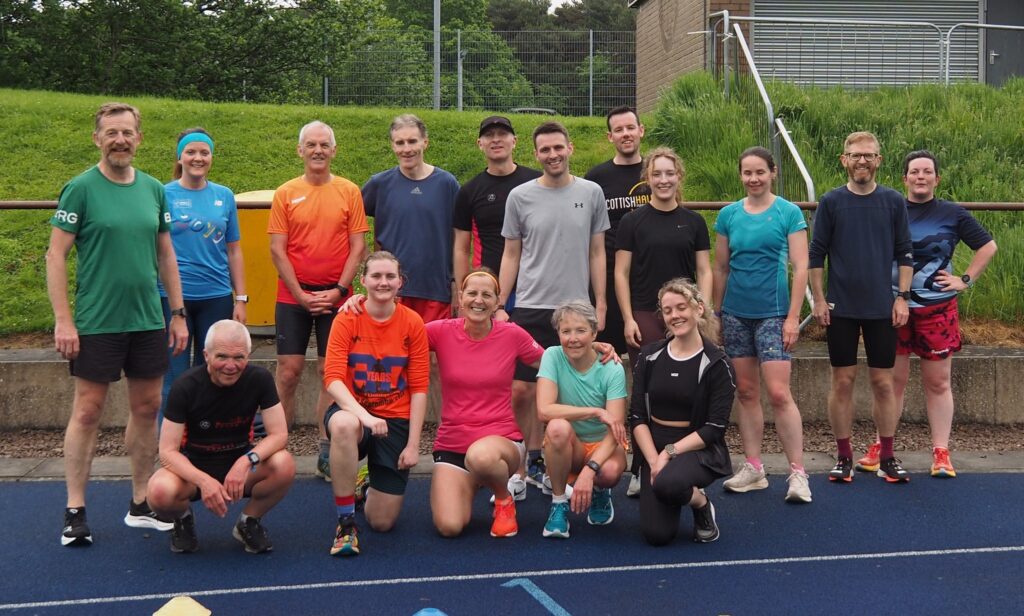
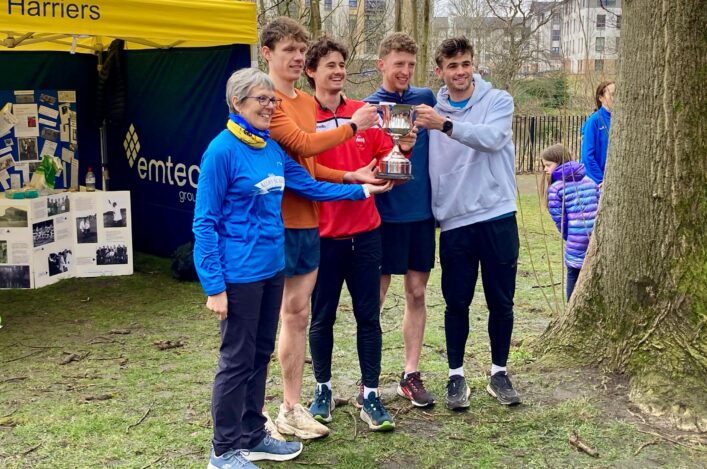
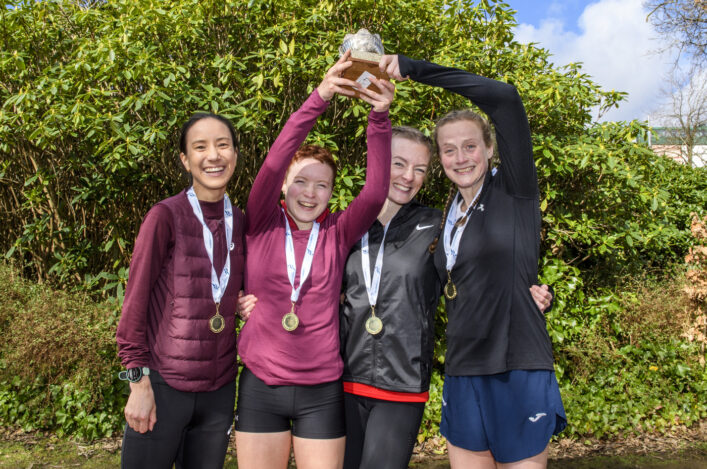
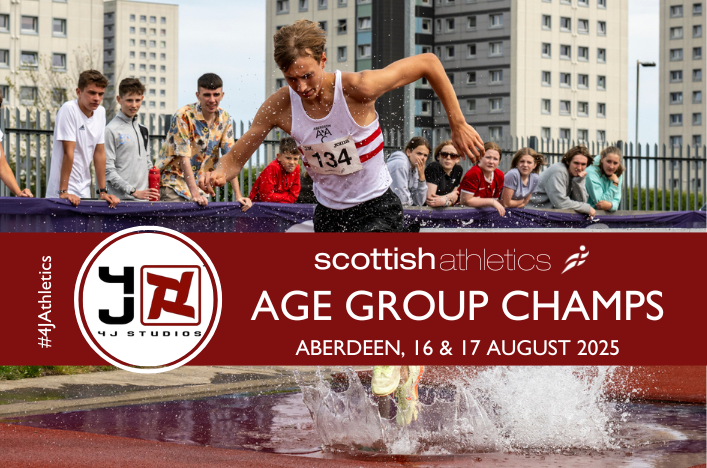
Latest Facebook update
Problem displaying Facebook posts. Backup cache in use.
Click to show error